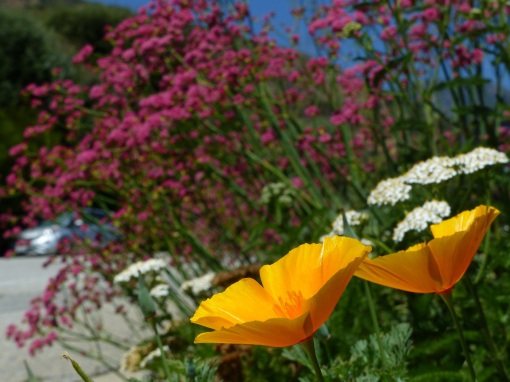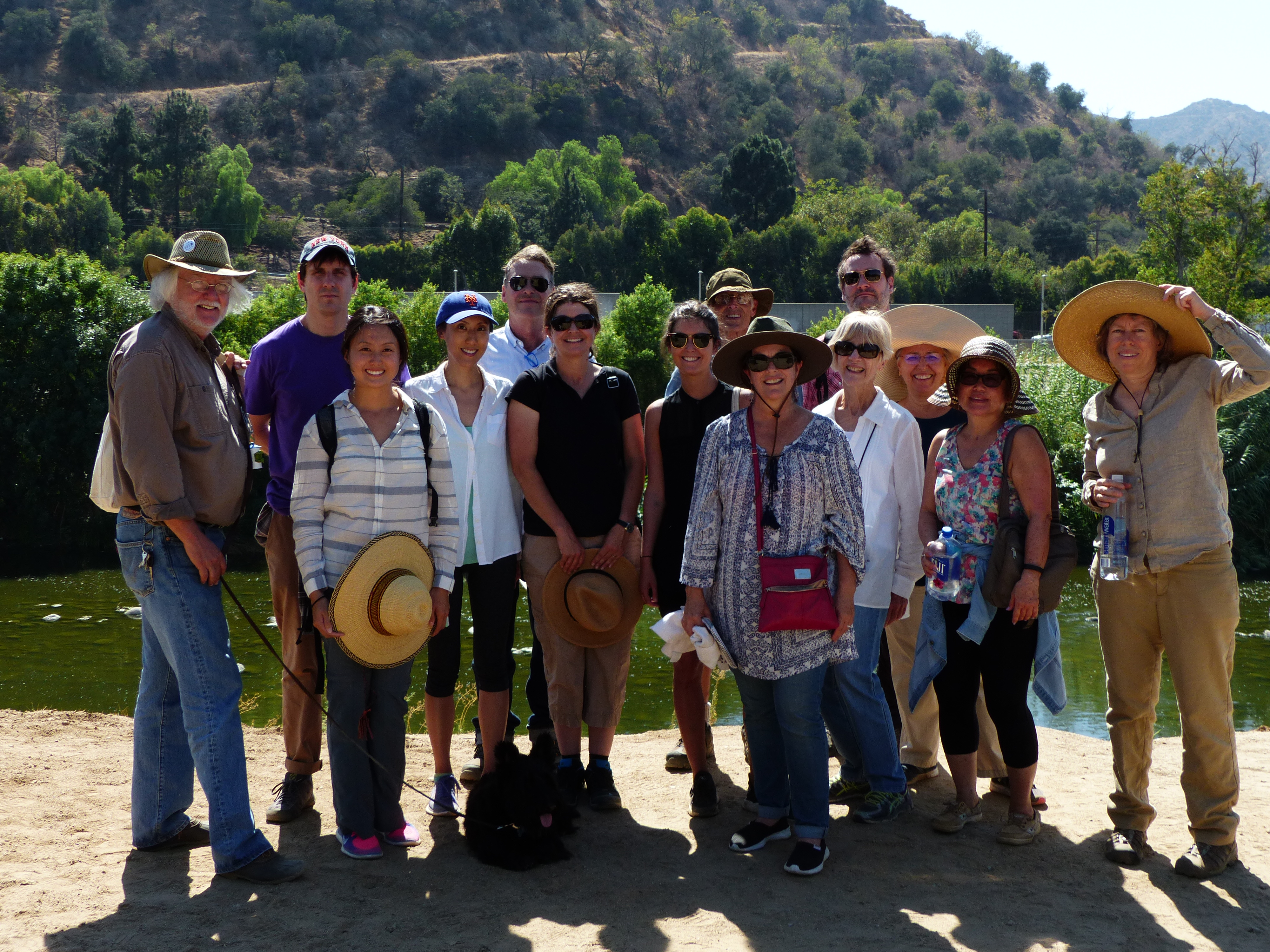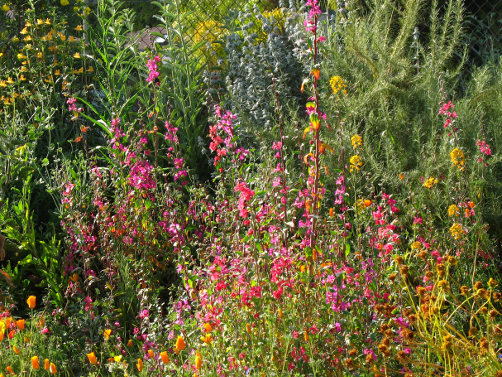 David King, of The Learning Garden and founder of the Seed Library of Los Angeles and I teach Greener Gardens, Sustainable Garden Practice, which has gotten rave reviews from Extension students. We explore landscape-level and garden sustainability including watershed, foodshed and local-focused native plantings.
David King, of The Learning Garden and founder of the Seed Library of Los Angeles and I teach Greener Gardens, Sustainable Garden Practice, which has gotten rave reviews from Extension students. We explore landscape-level and garden sustainability including watershed, foodshed and local-focused native plantings.
This class will be online with zoom discussions weekly along with self-guided field trips and assignments that get you outdoors.
Designed for horticulture students, gardening and sustainability professionals, educators, and home gardeners, this course focuses on both gardens and landscape level sustainability.
We prioritize growing and eating food from local gardens and foodsheds and promote pollinator and habitat gardening featuring native plant palettes. We touch on permaculture and other sustainable design theories; managing our soils as living systems, and moving towards a lower-consuming lifestyle when choosing materials, plants and tools. Students are introduced to the latest water management practices such as swales, earthworks, rain gardens and hugelkultur.
Self-guided trips include the Los Angeles River, the Learning Garden and demonstration gardens that feature California native plants and water-conserving planting design, as well as the Lyle Center for Regenerative Studies, which advances the principles of environmentally sustainable living.”
Mondays 6:30 to 9:00 starting Monday, June 27, 2022. Biology X498.10, Enrollment #386710
Enrollment Page Here
“learn to create habitat for pollinators, grow sustainable food, and harvest rainwater”

 David King
David King

